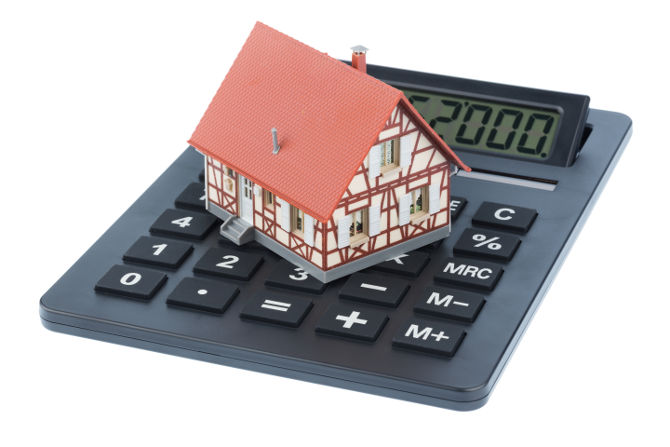Scotland’s leading property organisation is warning that proposals to shake up the country’s land and building tax structure could have an adverse effect on development and make it “less competitive than the rest of the UK”.

Announced in this week’s Scottish Budget the Land and Building Transaction Tax (LBTT) will replace Stamp Duty and Land Tax (SDLT) in the country from 1 April next year. It will also introduce a progressive tax rate rather than the slab structure that exists at the moment.
Under the new structure, commercial property transactions over £350,000 will be charged at the highest tax band of 4.5 per cent.
As a practical example, a £23m office transaction would have to pay £85,000 tax more than it would under the SDLT regime across the rest of the UK. And a major shopping centre investment of £48m might find itself paying around £230,000 more in tax.
That, claims the Scottish Property Federation (SPF) is likely to have “a serious value impact” on major commercial property developments in the country in the near future.
“Although the Finance Secretary may be right to say that 95 per cent of individual commercial property purchasers will pay no more than before,” commented the federation’s director, David Melhuish, “the problem is that the majority of commercial property sales by bulk market value are for more than £2m.
“It is at this level that the Government receives the bulk of its revenue and we do not wish to be seen to be less competitive or less attractive than other parts of the UK … Investors can choose where they wish to invest.”
The residential thresholds, which will be 10 per cent for properties over £250,000 and 12 per cent for properties in excess of one-million pounds, are likely to hit Aberdeen and Edinburgh hardest, due to both cities having higher than average house prices.
Melhuish admitted the commercial property market in Scotland had improved over the last year, but added: “We are concerned that the higher rates proposed for LBTT are too penal, and that this may have a negative impact on future growth in the property markets and potentially for future development investment as a whole.
“If Scotland is to thrive in a competitive property investment market, we do not want to risk being seen as a high tax environment, as this could dent investor confidence due to fears about further future tax increases,” he warned.
Previous Post
Most Haunted’s Favourite Haunts